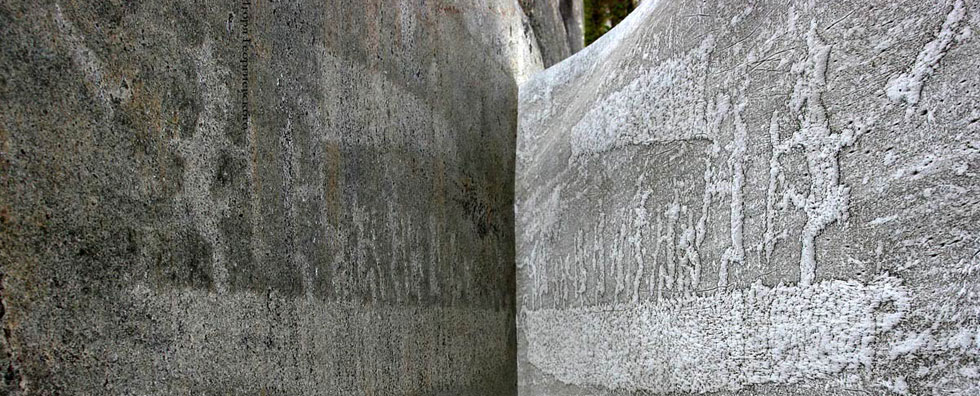
Issue №3, Vol. 16
Khoroshilov K., Katarov V., Gavrilov T., Kolesnikov G. Strength and Elastic Modulus of Frozen Sandy Soil as a Material for a Logging Road // Resources and Technology. 2019. №3, Vol. 16. P. 33‒43.
DOI: 10.15393/j2.art.2019.4742
Strength and Elastic Modulus of Frozen Sandy Soil as a Material for a Logging Road
| Khoroshilov Konstantin Viktorovich | Petrosavodsk State University, ale-ks-na@yandex.ru |
| Katarov Vasily | Petrosavodsk State University, vkatarov@petrsu.ru |
| Gavrilov Timmo | Petrosavodsk State University, gtimmo@mail.ru |
| Kolesnikov Gennady | Petrosavodsk State University, kgn@petrsu.ru |
|
Key words: sandy soil; tests; three-point bending; cracks; mathematical modeling. |
Summary: The problem of forest roads improvement is relevant nowadays. The issues of strength of thawed and frozen soils as the materials of forest roads require further research. The article is aimed at the problem of developing a technique for indirect determination of elastic modulus and tensile stresses in frozen soil. It is based on the results of tests on three-point bending of a beam with a developing crack. The authors used methods of experimental and theoretical studies of mechanical systems. Testing was performed with samples in the form of beams with a cross section in the form of a rectangle 55 mm wide and 39 mm high. The span of the beam was 280 mm. The beam material was sandy soil at a temperature of minus 4.6 °C. Three-point bending tests were performed using of test-machine. Based on the analysis of tests a mathematical model is developed to determine the elastic modulus of the beam material and to estimate the tensile stresses in the section with a crack. Tests and results of mathematical modeling confirmed that the destruction of the beam from sandy soil with an evolving crack corresponds to the downward branch of the diagram "load – displacement". The results of the work complement the current understanding of frozen sandy soil functioning and can be used in assessing the status and substantiating recommendations for improving forest road construction technologies. |
Displays: 1330; Downloads: 729;




